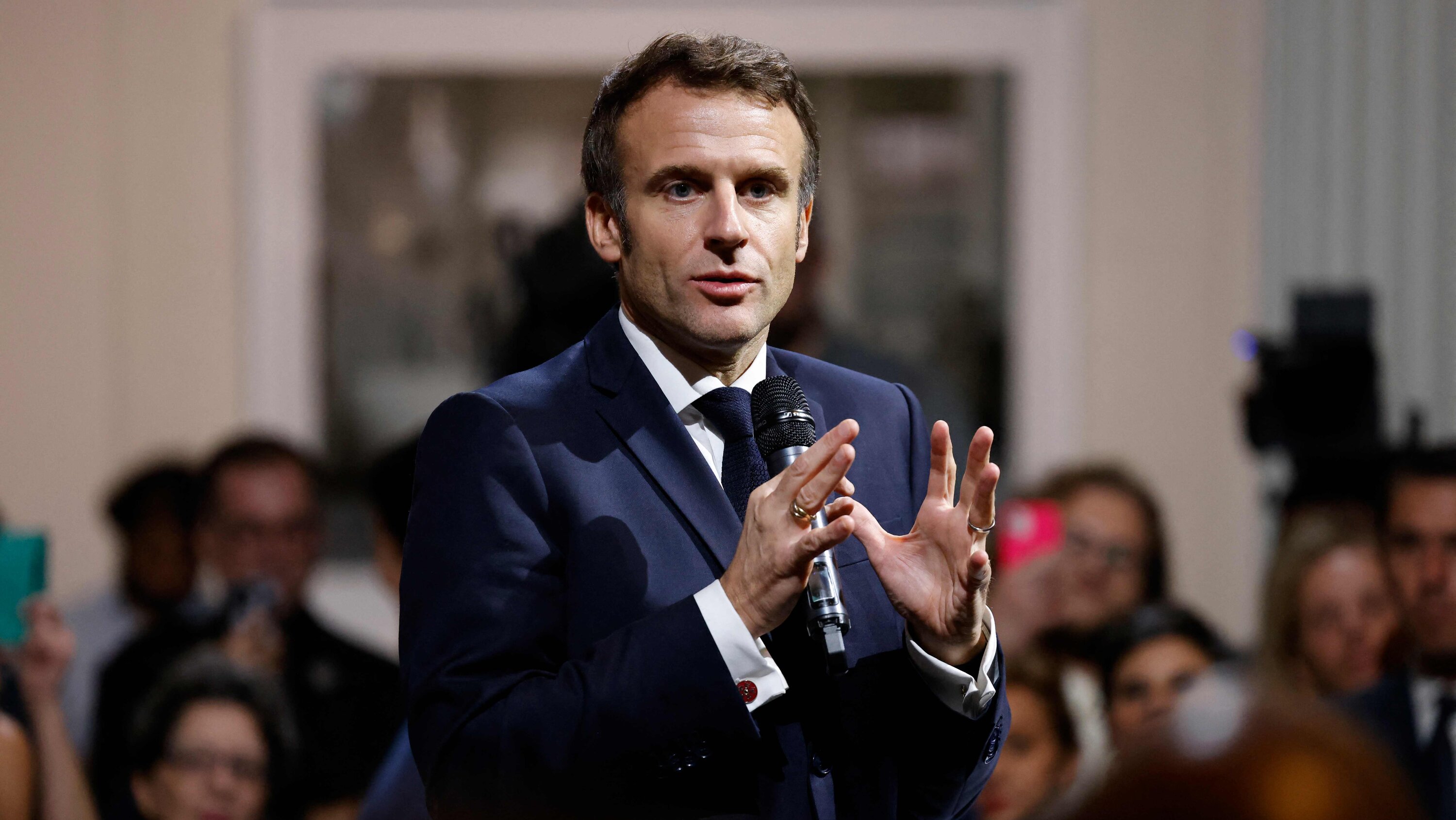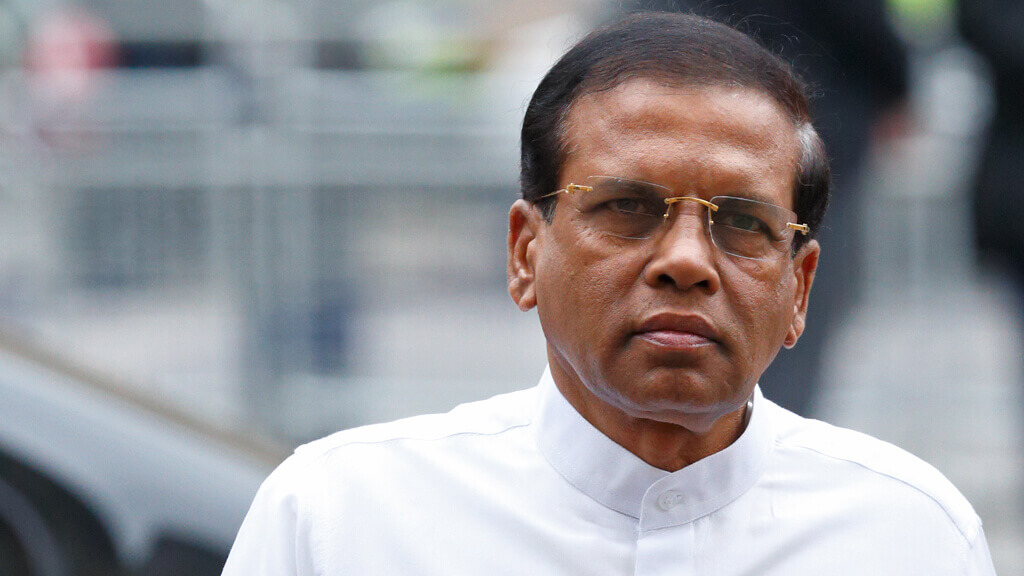South Asia
Sri Lanka’s Supreme Court on Thursday ordered former President Maithripala Sirisena and four other officials to compensate for failing to prevent 2019’s Easter Sunday bombing. The court demanded that they pay $574,000 for failing to respond to warnings two weekends before the incident. [Al Jazeera]
Indian PM Narendra Modi on Thursday demanded that the Global South is not excluded “from the fruits of development” ahead of the G20 meeting. Modi was speaking at the Voice of the Global South meet. [The Straits Times]
Central Asia and the Caucasus
The Armenia-recognised Republic of Artsakh, which Azerbaijan refers to as Nagorno-Karabakh, has been facing an internet blackout since Thursday due to damage caused to an internet cable passing through the Lachin Corridor. The corridor, which Azerbaijan has blockaded for a month, is the only road connecting Armenia with Artsakh. [Armen Press]
During a meeting with his Armenian counterpart in Tbilisi, Georgian PM Irakli Garibashvili said he is ready to mediate the conflict between Armenia and Azerbaijan to ensure regional peace and security. [Agenda.ge]
East and Southeast Asia
Japan plans to release more than a million tonnes of treated water from the damaged Fukushima nuclear power plant into the Pacific ocean this year. However, it will wait for “a comprehensive report” by the International Atomic Energy Agency before doing so. [AFP]
In a veiled dig at China’s assertiveness in the Indo-Pacific, Japanese Foreign Minister Yoshimasa Hayashi said at the United Nations Security Council meeting on Thursday that international peace and security cannot be achieved unless international law is respected. “Let us unite ourselves, once again, around the principle of the rule of law. ‘Uniting for the rule of law’ must be the keyword for us,” he said. Japan holds the rotating monthly presidency of the council for January. [South China Morning Post]
Europe
French President Emmanuel Macron announced that he would not “ask forgiveness” from Algeria for its colonial past. However, he reaffirmed his commitment towards reconciliation. [Al Jazeera]
On Thursday, Belarus apprehended former presidential candidate Andrei Dimitriev, who challenged incumbent President Alexander Lukashenko in the controversial 2020 elections. The reason for his detention is unclear. [Reuters]
Latin America and the Caribbean
Brazilian President Luiz Inácio Lula da Silva on Thursday vowed to remove security forces that were “complicit” in allowing thousands of Bolsonaro supporters to invade and damage the country’s Supreme Court, Congress, and the Presidential Palace last week. [Reuters]
As per government data published on Thursday, Argentina’s inflation rate was the highest in three decades at nearly 95% in 2022. Experts predicted it to cross 100% in the coming months and subsequently, end 2023 at 98%. [Bloomberg]

Middle East and North Africa (MENA)
Iran on Wednesday claimed that British Iranian national Alireza Akbari, who was sentenced to death the previous day, was involved in the 2020 assassination of top nuclear scientist Mohsen Fakhrizadeh. Iran accuses Israeli agents of killing Fakhrizadeh. [Reuters]
Human Rights Watch on Thursday accused the Turkish government of increasing its censorship powers and targeting critics and opponents with “bogus criminal proceedings” ahead of the 2023 presidential elections. [Human Rights Watch]
North America
United States (US) Attorney General Merrick Garland on Thursday appointed a special counsel, former US Attorney of Maryland Robert Hur, to find out “whether any person or entity violated the law” in the mishandling of President Joe Biden’s classified documents case. Biden’s lawyers found a few classified materials at a private office in a Washington-based think tank he used after his vice presidency and at his home. White House Special Counsel Richard Sauber expressed his confidence “that a thorough review will show that these documents were inadvertently misplaced, and the President and his lawyers acted promptly upon discovery of this mistake.” [Reuters]
On Thursday, the United States House of Representatives banned the Department of Energy from selling oil from the Strategic Petroleum Reserve to any company owned or influenced by the Chinese Communist Party. Voting 331-97 in favour, newly-appointed Chairman of the House Energy and Commerce Committee Cathy McMorris Rodgers (R-WA) remarked that the legislation would help end President Joe Biden’s “abuse of our strategic reserves.” [Associated Press]
Oceania
Floods and natural disasters in 2022 cost Australia $3.47 billion, its Treasury reported. Treasurer Jim Chalmers said that the number was made public to serve as a “reminder” that even though the government was “rightly focused on the human cost of these natural disasters, which are becoming more and more frequent,” there was “a cost to the economy as well and a cost to the budget.” [Reuters]
New Zealand recorded its hottest year in history in 2022, with the average temperature reaching 13.8 degrees Celsius, 1.2 degrees Celsius above the long-term average. The National Institute of Water and Atmospheric Research said that this was due to a combination of natural weather cycles and manmade global warming. [Associated Press]
Sub-Saharan Africa
Malawi’s Health Minister Khumbize Kandodo Chiponda said on Thursday that the country’s worst cholera outbreak in two decades has now claimed 750 lives. To this end, he ordered the shutdown of several businesses that lacked access to safe water and toilets and restricted sales of pre-cooked food. [Associated Press]
Mali’s army said that 14 soldiers were killed and 11 were left injured in central Mali on Tuesday after their vehicles struck explosives planted by Islamist militants. No group has claimed responsibility for the incident yet. [Voice of America]

